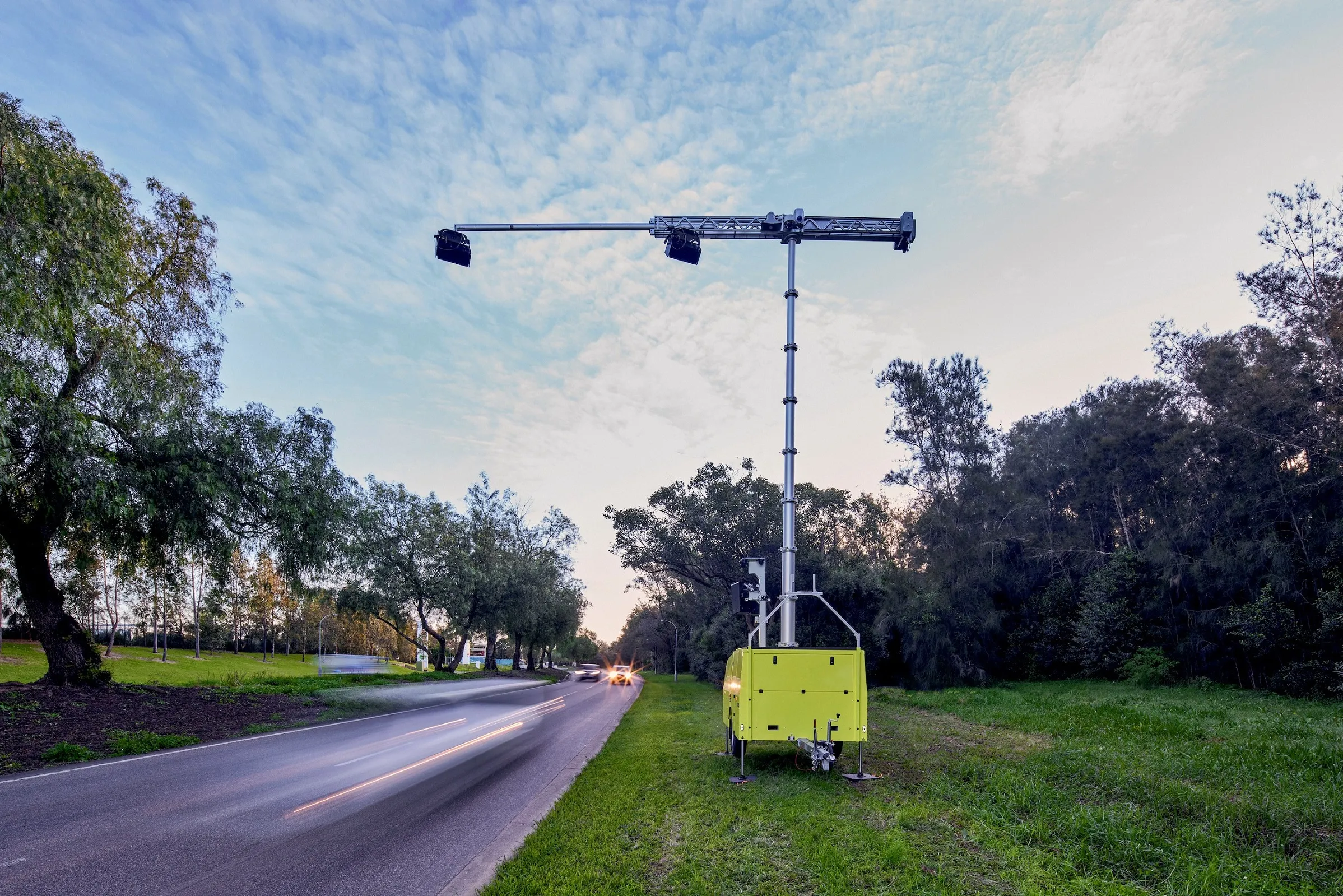The UK’s rail track owner, Network Rail, is using the latest technology in an effort to reduce the number of near misses as pedestrian cross the railway lines. Statistics revealed that 70% of near misses at crossings are due to distraction, with the top three being friends (40%), headphones (20%) and mobile phones (12%). Almost a third (29%) of young adults admit to using their mobile phone while crossing the railway and near misses rise from an average of 15/month in December and January to peak at 50 in S
July 17, 2017
Read time: 1 min
The UK’s rail track owner, 5021 Network Rail, is using the latest technology in an effort to reduce the number of near misses as pedestrian cross the railway lines.
Statistics revealed that 70% of near misses at crossings are due to distraction, with the top three being friends (40%), headphones (20%) and mobile phones (12%). Almost a third (29%) of young adults admit to using their mobile phone while crossing the railway and near misses rise from an average of 15/month in December and January to peak at 50 in September.
In response, Network Rail and British Transport Police are geo-targeting a number of crossings where phone distraction has been flagged as high risk. The technology, causes an advert to flash up in whatever app is being used using, and will display a safety message warning users to pay attention while crossing the railway.









